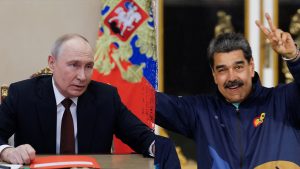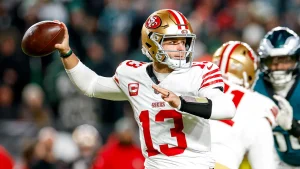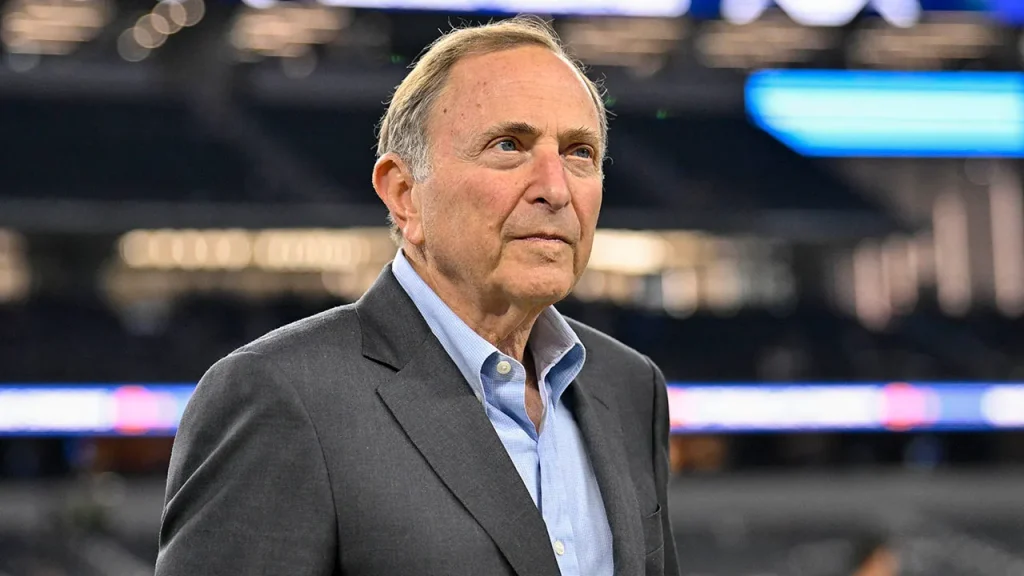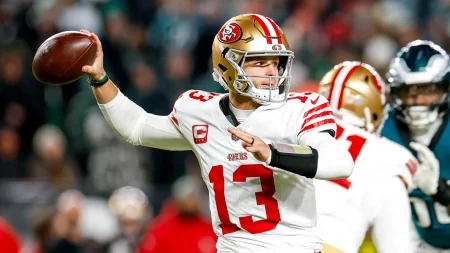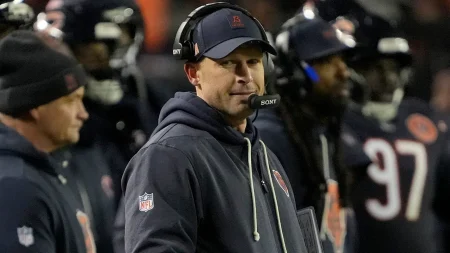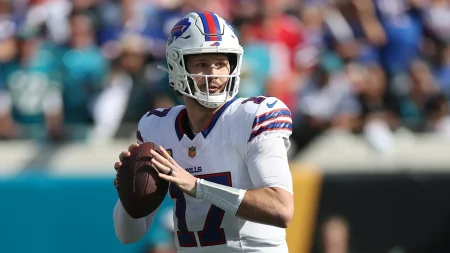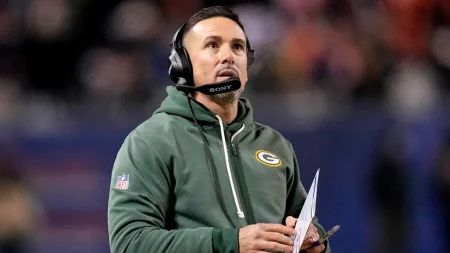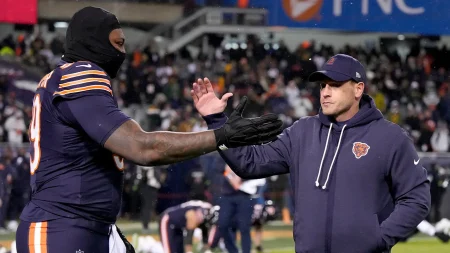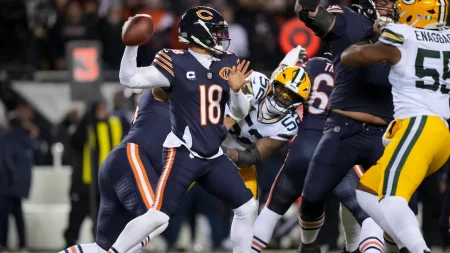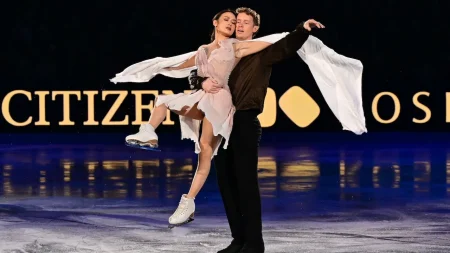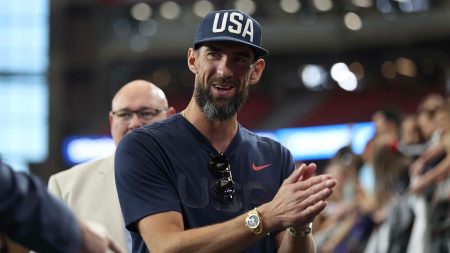NHL’s Approach to Gambling Scandals and Betting Partnerships
In recent weeks, the sports world has been shaken by a series of high-profile gambling scandals, prompting NHL Commissioner Gary Bettman to address how hockey is positioned to handle such challenges. During a comprehensive interview, Bettman discussed the NHL’s new partnerships with prediction market platforms Kalshi and Polymarket, suggesting these relationships actually strengthen the league’s oversight capabilities. He expressed confidence that these collaborations give the NHL more authority to “take down any contracts that we don’t think are appropriate,” representing a proactive approach to maintaining the integrity of the game. While gambling controversies have erupted in other major sports leagues, Bettman believes hockey’s nature makes it less vulnerable to manipulation, stating firmly that “you can’t really get away with that kind of cheating anymore” in the NHL.
The Commissioner’s comments come against a backdrop of serious gambling scandals that have recently rocked both Major League Baseball and the National Basketball Association. In early November, Cleveland Guardians pitchers Luis Ortiz and Emmanuel Clase faced significant legal troubles, including charges of wire fraud, wire fraud conspiracy, conspiracy to influence sporting contests by bribery, and money laundering – allegations to which both have pleaded not guilty. Meanwhile, the NBA has been dealing with an even more widespread betting investigation that led to the arrests of dozens of individuals connected to the league in October, including a current head coach. These cases highlight the growing concerns about gambling’s influence on professional sports and the challenges leagues face in maintaining integrity as sports betting becomes increasingly mainstream and accessible.
Despite Bettman’s confidence in hockey’s relative immunity to gambling-related corruption, the NHL itself has not been entirely free from betting controversies throughout its history. A notable example occurred in 2003 when NHL superstar Jaromir Jagr publicly acknowledged accumulating approximately $500,000 in betting losses through an online gambling site. Jagr, whose remarkable career spanned more than 25 years across nine different franchises before his final NHL appearance with the Calgary Flames in the 2017-18 season, was careful to emphasize that his activities, while regrettable, were not illegal. “It was 1998, and I made mistakes,” Jagr told reporters at the time. “I just wasn’t smart. It was stupid. It wasn’t illegal, and it was five years ago. Everything was taken care of in 1999.”
Looking further back into hockey’s history reveals even more serious gambling-related incidents that threatened the sport’s integrity. In 1948, the NHL suspended Don Gallinger indefinitely after investigators discovered he had placed wagers on Boston Bruins games – a direct conflict of interest as Gallinger was playing for the team at the time. His teammate, Billy Taylor, also faced disciplinary action in connection with the scandal. This historical case demonstrates that concerns about betting’s influence on hockey are not new, even if the landscape has changed dramatically with the widespread legalization of sports betting in recent years and the technological advances that make wagering more accessible than ever before.
The NHL’s current approach, as outlined by Bettman, appears to balance embracing the commercial opportunities that partnerships with betting platforms provide while simultaneously strengthening safeguards against corruption. The league seems to recognize that as sports betting becomes more integrated into the fan experience, proactive measures are essential to protect the game’s integrity. While Bettman projects confidence that hockey’s structure makes it less susceptible to the types of betting scandals recently seen in baseball and basketball, the history of gambling issues in the NHL suggests that vigilance remains necessary, regardless of how resistant any sport might appear to manipulation.
As sports leagues navigate this new era where betting is increasingly normalized and integrated into the fan experience, the NHL’s strategy of partnering with prediction markets while enhancing oversight capabilities may serve as an instructive model. However, the recent scandals across multiple sports serve as stark reminders that no league is completely immune to betting-related corruption. While Bettman believes the NHL is well-positioned to avoid similar controversies, the historical examples of gambling issues within hockey demonstrate that maintaining the integrity of the game requires constant vigilance, clear policies, and effective enforcement mechanisms. As fans, players, and leagues continue to adapt to the evolving relationship between sports and gambling, finding this balance between opportunity and protection will remain a critical challenge for all professional sports organizations, including the NHL.
